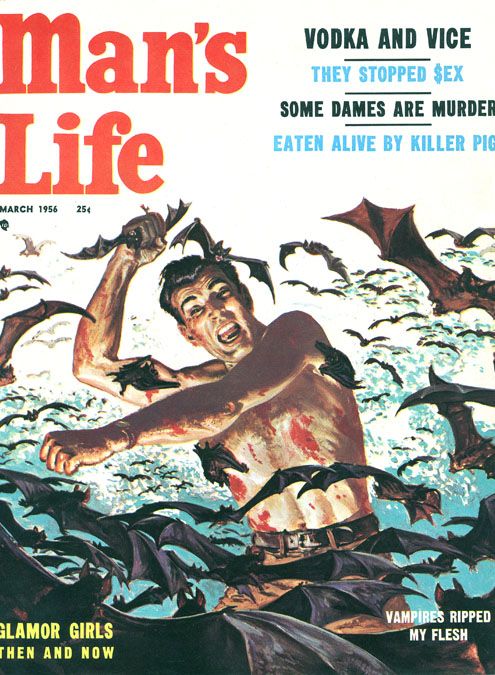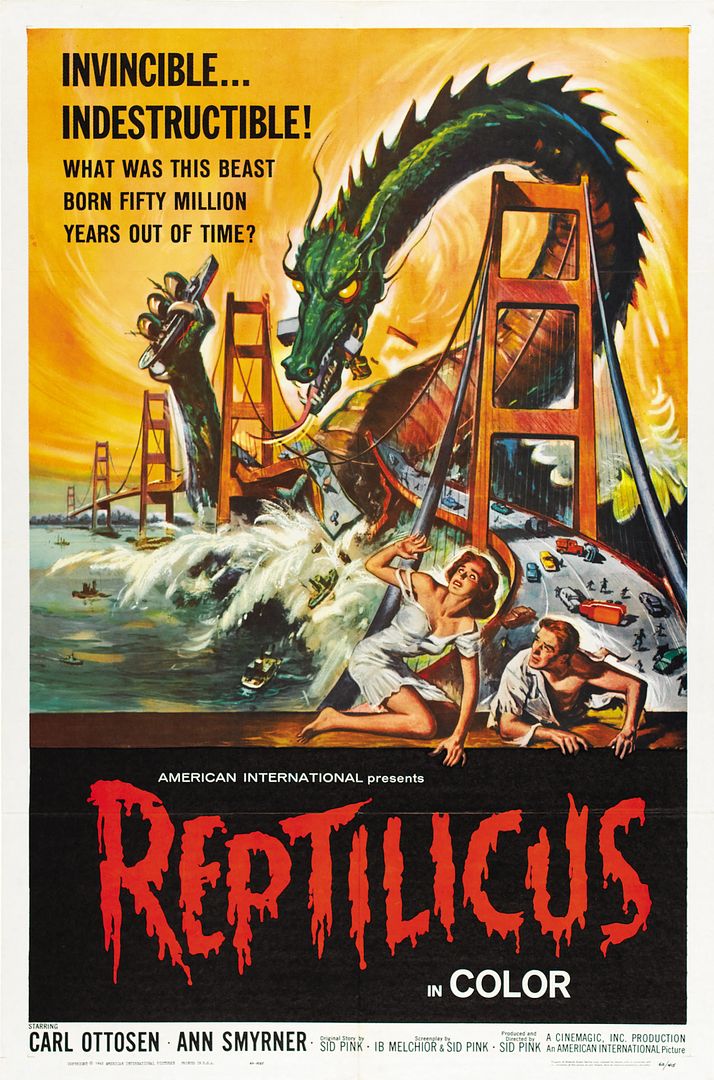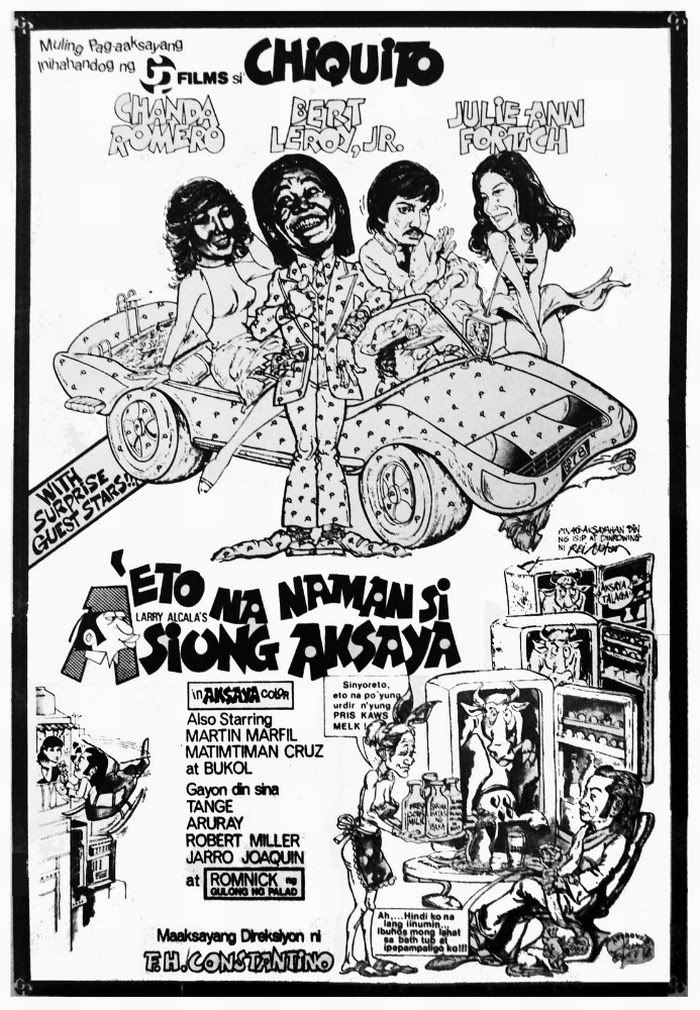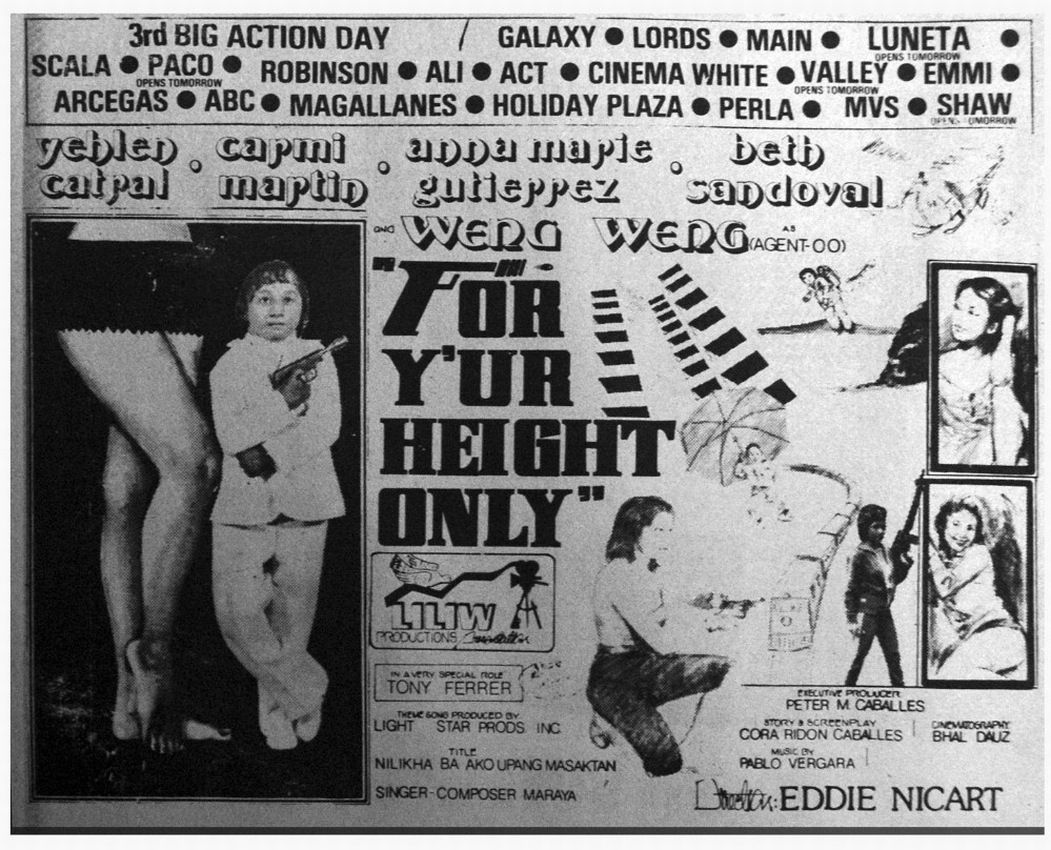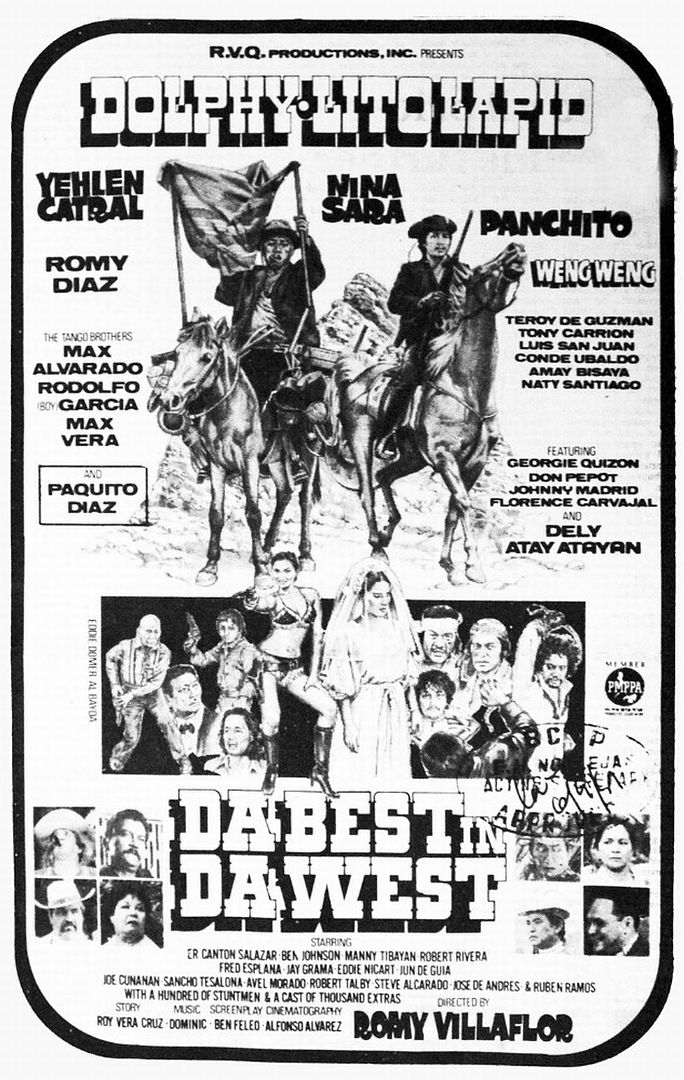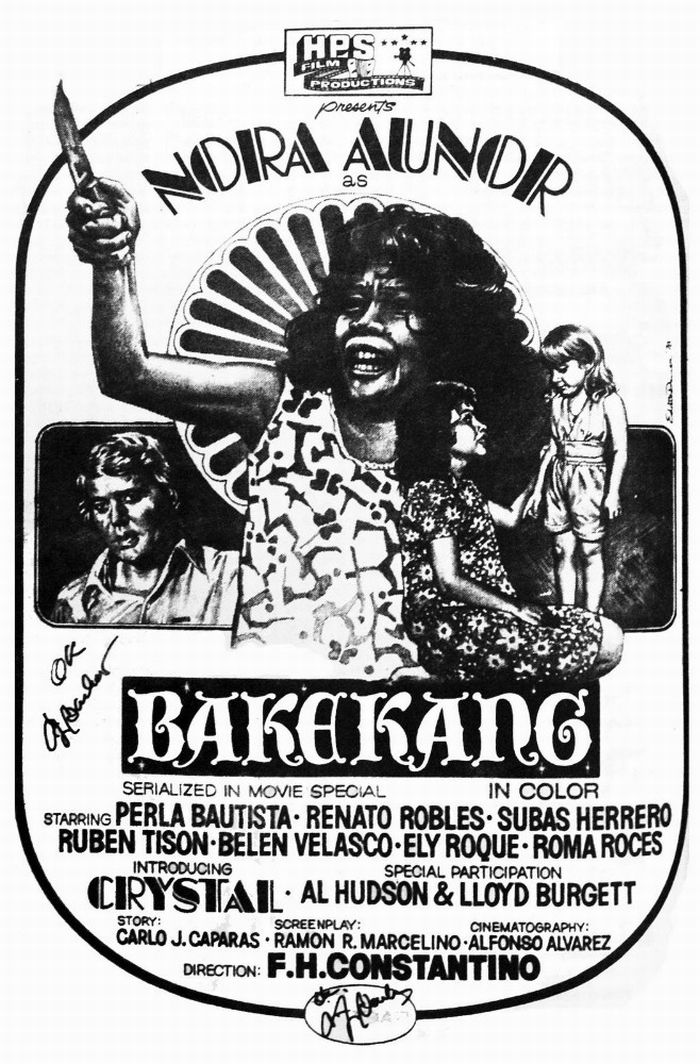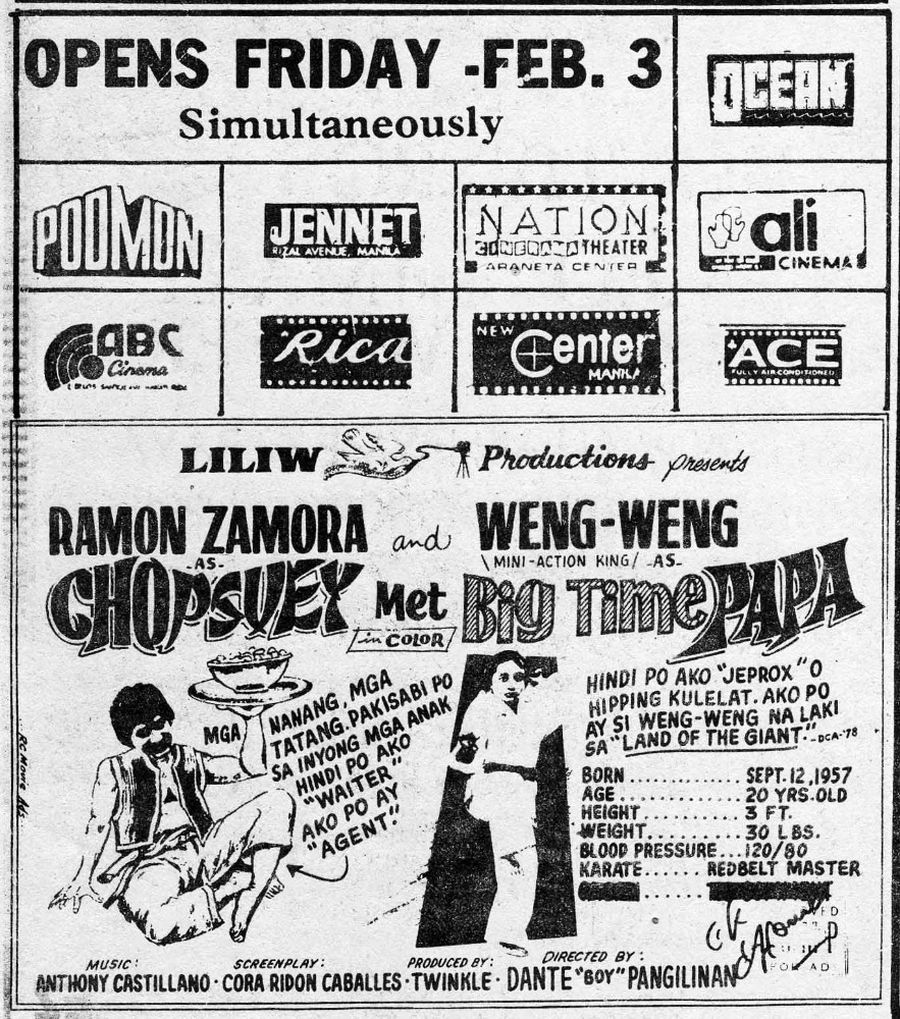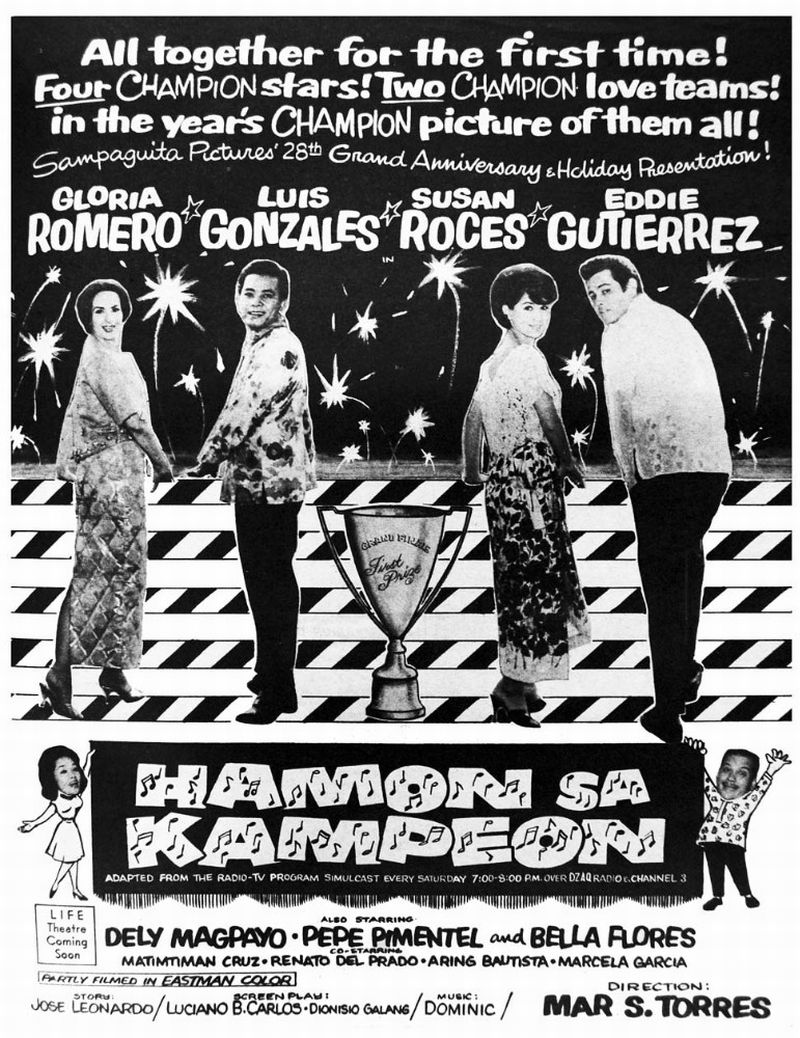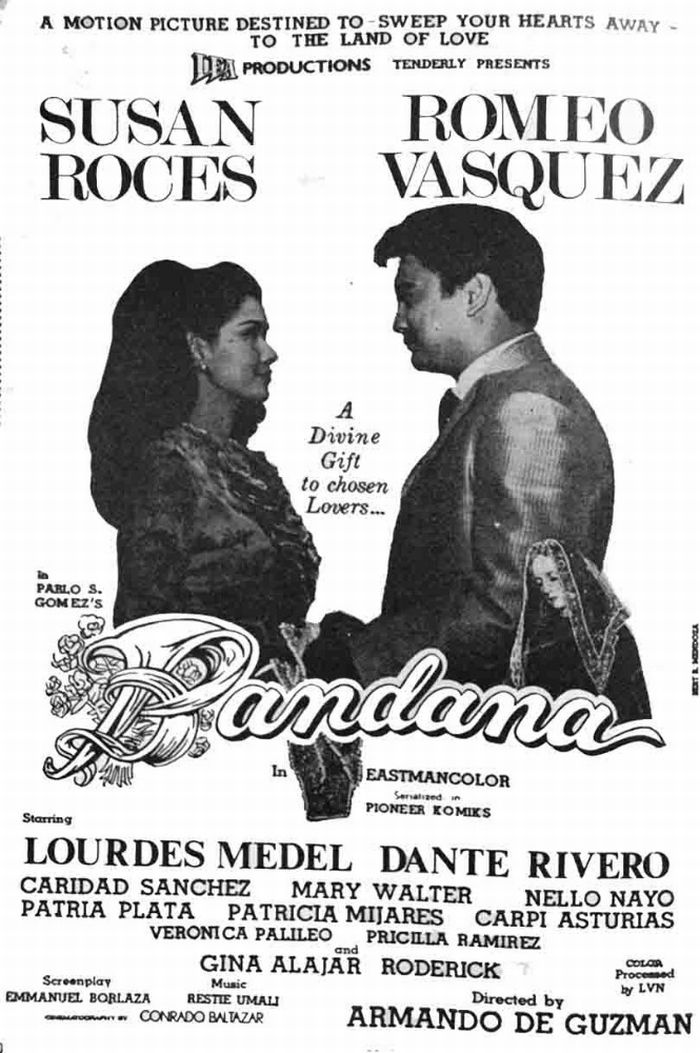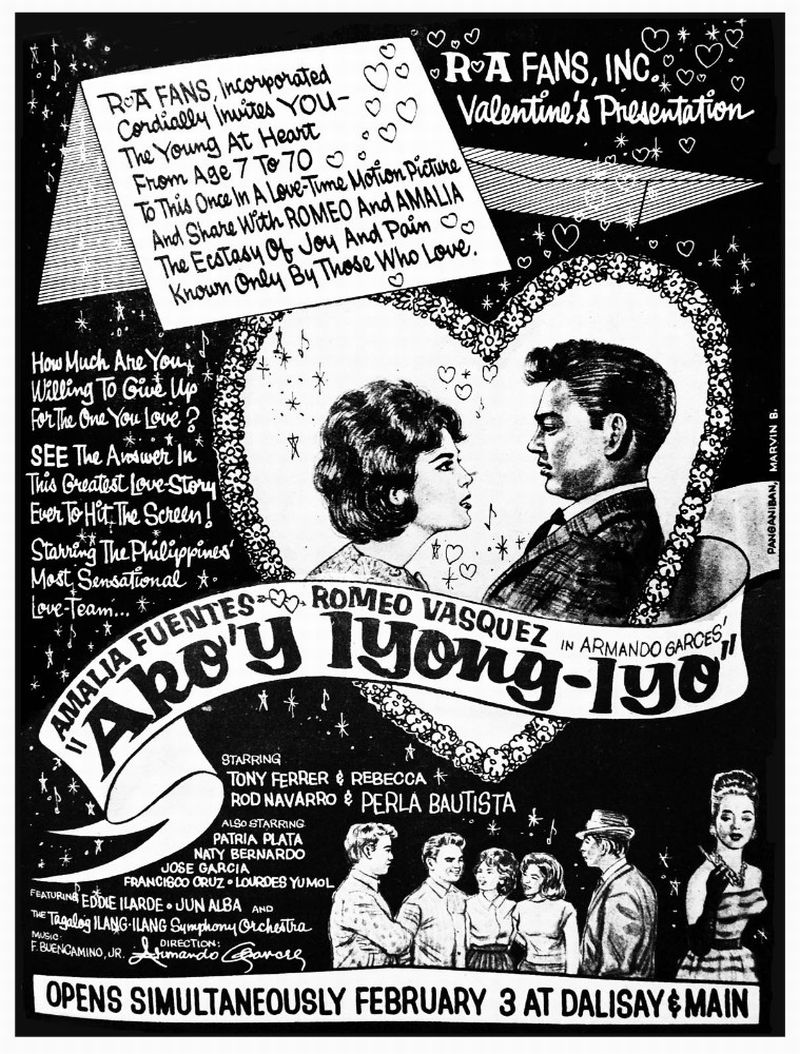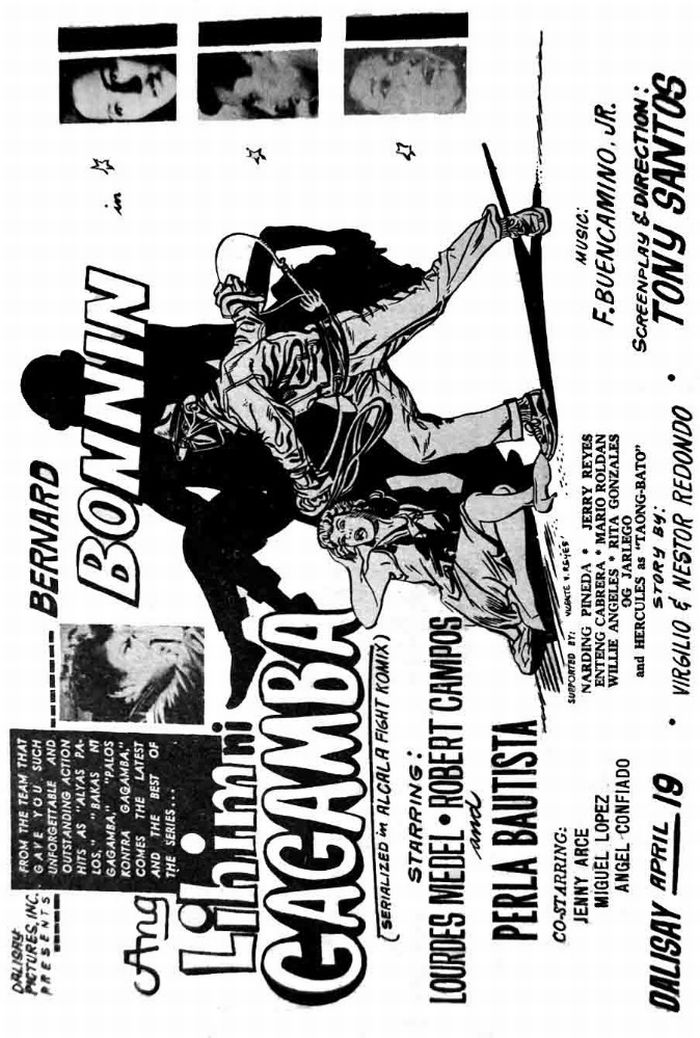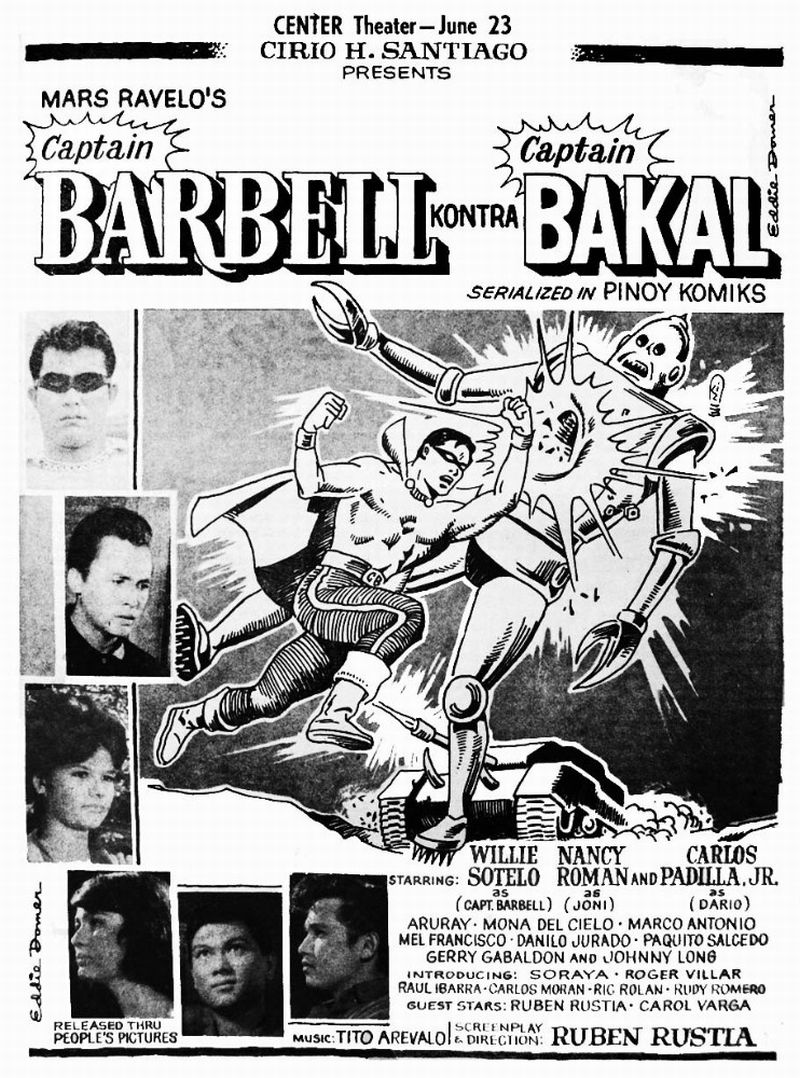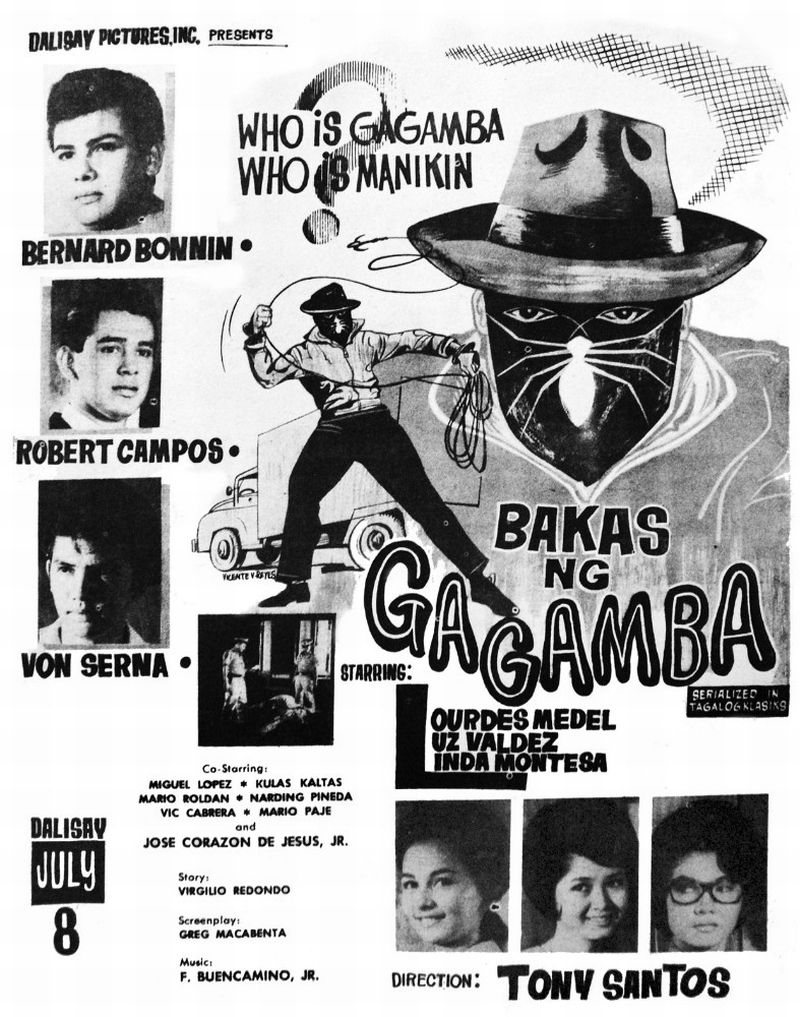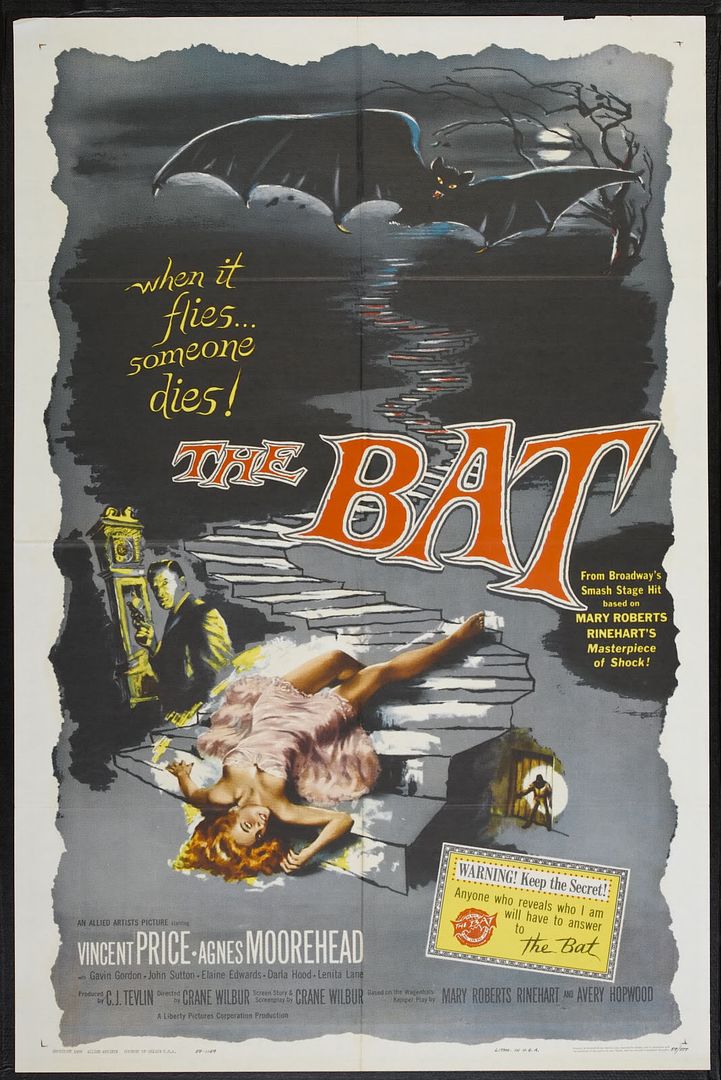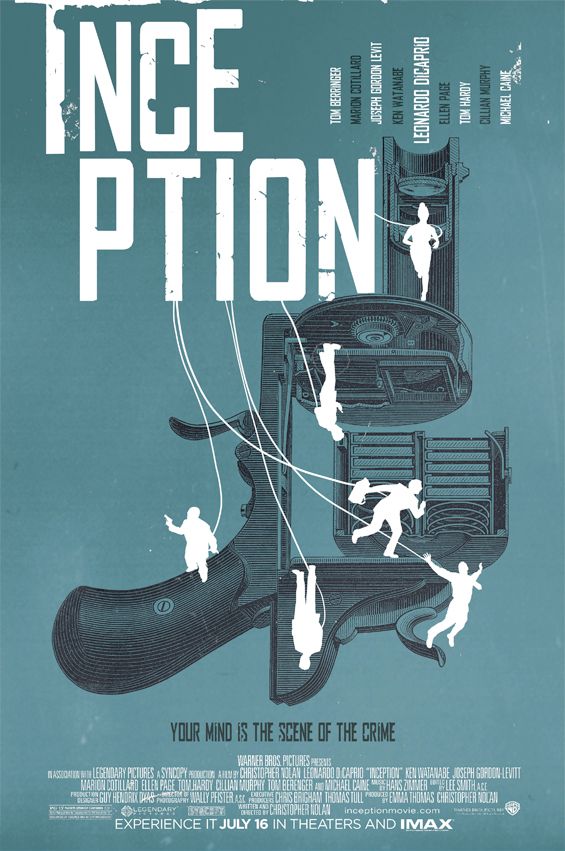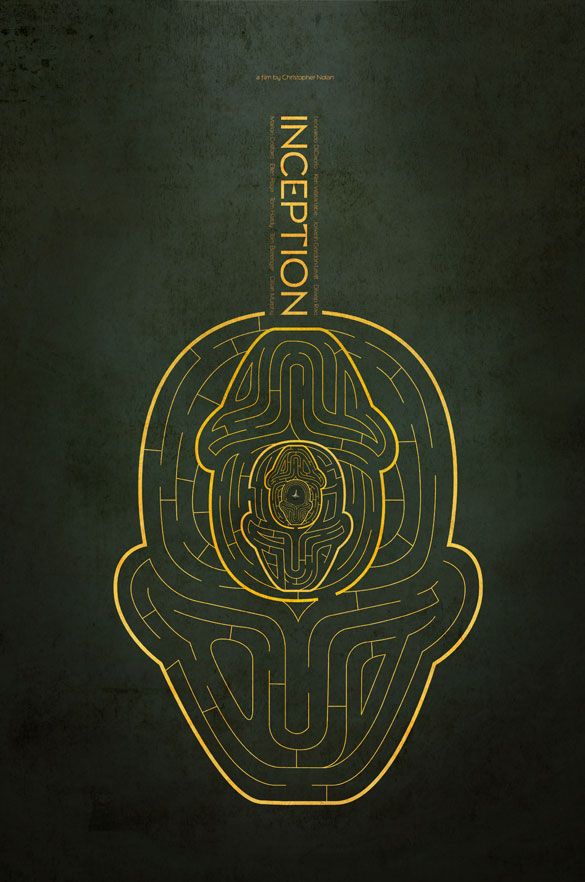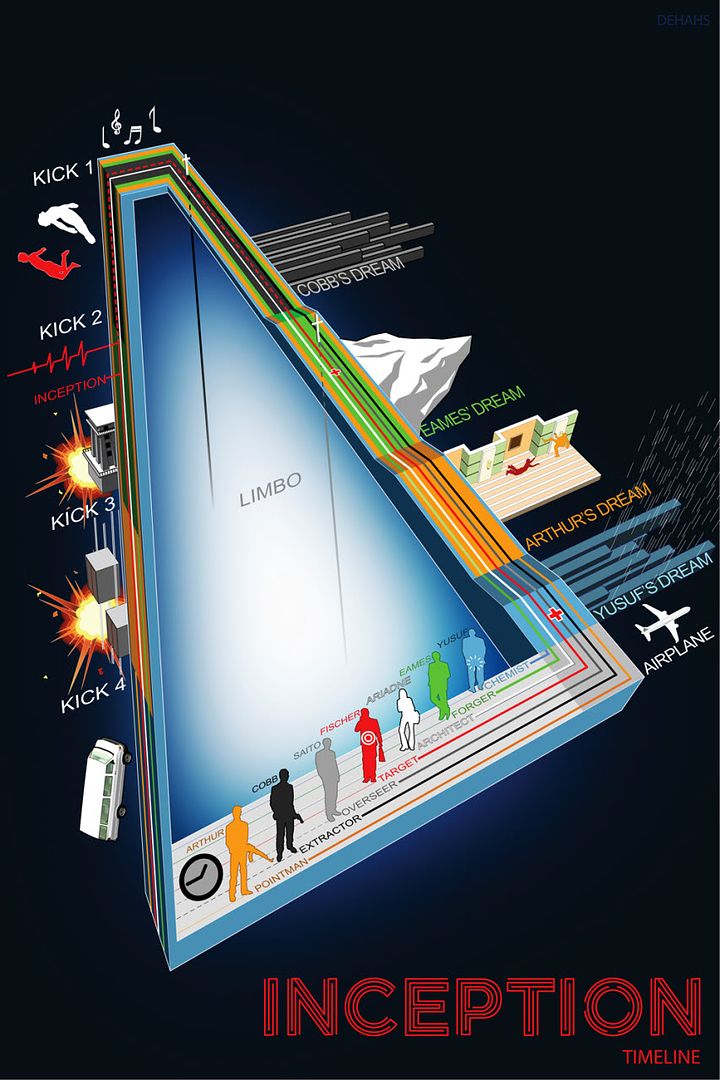Earlier this year, my colleague Jon Caramanica suggested that Pitchfork had entered its establishment phase: no longer a scrappy upstart with an outsider perspective, it now effectively defines tastes for its young demographic, and it knows that. By implication, Pitchfork now has a reputation to protect.
The same thing happened to Rolling Stone at some point — some people trace it to around the time it moved to New York in 1977, some a little later — when it became clear that it was no longer a “countercultural” publication, and it began to prop up a chosen pantheon by putting the same people on the cover again and again, the magazine reinforcing the stars and the stars reinforcing the magazine. That leads to a sort of eternal status quo, an attitude that extends to its famously cautious review section, where almost everything gets 3.5 stars and “legends” amazingly never make a bad album. The classic joke here is Bob Dylan, who gets 5 stars for a good album and 4 stars for a bad one.
Perhaps one sign of the aging of Pitchfork is that it has begun to coddle its heroes. It’s been around for 15 years now, and has had wide influence for 10, which means that right about now it is coming around to the sacred cows of the mid to late ’90s as they attempt their comebacks and await/enter/deny middle age. These are the figures who define the Pitchfork sensibility, and it’s only natural that the publication would protect them.
Today Pitchfork posted a review of “1,000 Years,” the first solo album by Corin Tucker of Sleater-Kinney. It got a 6.5, the Pitchfork equivalent of Rolling Stone’s 3.5 stars, and the piece is a textbook example of how to write a negative review in the nicest, most tentative and most indirect way possible, with all kinds of escape clauses to allow the writer to feel that she wrote a negative piece and the publication to feel that it still published a positive one. (I’m leaving out the byline; my problem is with the writing, not the writer, whom I don’t know at all.)
On a quick read it’s full of flattery, but looking closer the flattery is mostly about Sleater-Kinney, and the negative judgment of the album is dispatched as quickly as possible low in the piece. The blow of that negativity is softened by lots of foreshadowing, a cushion of nostalgia for Sleater-Kinney and friendly, almost sycophantic gestures toward Tucker. What this means is that 6.5 out of 10 was the lowest score Pitchfork was willing to give Tucker, even if she may have deserved less (I haven't heard the album so I have no opinion). After all, Tucker’s a star; she can do no wrong.
❧So here’s what goes on in the review, which I present line-by-line and complete:
Sleater-Kinney went on indefinite hiatus in 2006. Since then, drummer Janet Weiss released albums with Quasi and Stephen Malkmus' Jicks, while guitarist Carrie Brownstein embarked on a comedy career with Fred Armisen and became a music blogger for NPR. (The two women also recently announced a new project together, Wild Flag, alongside Mary Timony.) But Corin Tucker has been strangely quiet-- which is ironic given that she was the shrieking-banshee warbler of the group. Out of the spotlight, Tucker has spent the last four years attending to her family in Portland, Oregon-- she has two children with filmmaker Lance Bangs-- and, more recently, working on her own songs around her kids' school and playgroup schedules with a new eponymous band that includes former Unwound drummer Sara Lund and guitarist Seth Lorinczi of the Golden Bears.
Long, throat-clearing news lede; affirmation of Tucker's elite status and establishment of high expectations.
These new tracks, which now comprise 1,000 Years, are recognizably Tucker's, though they derive their intensity not from volatile guitars, driving rhythms, or brash vocal melodies, but from their surprisingly muted, slow-burning intimacy.
Foreshadowing of disappointment and failure, hedged by evocation of a lost golden age: No matter what Tucker comes up with, it couldn't possibly compare to the “volatile,” “driving,” “brash” riches back in those good old days.
So be forewarned, though: fans jonesing for a Sleater-Kinney fix will be disappointed.
Shifting of critical burden to “fans” whose “jonesing” functions as an arbitrary threshold giving critic and publication plausible deniability: “Hey, it’s the fans who have those expectations, not us.”
Instead of bursting into the expected shrieking choruses, these songs smolder. Melodies meander, encouraging patience in their listeners. Tucker uses her bold caterwaul sparingly, which is partially a shame since we are so starved for it, but also gives great weight to the few moments when she finally unfurls the full force of her yelp (as on "Riley", one of the few tracks that recalls Tucker's more incendiary Sleater-Kinney past).
Imagistic pseudo-poetics disguised as deconstruction; more nostalgia for Sleater-Kinney's old glory (“bold caterwaul”), which reinforces the prejudicial high bar; suggestion that Tucker is actually capable of providing that S-K “fix” that “fans” have been “jonesing for” — and thus if she doesn't, her endeavor is a failure.
Yet these songs have a quiet power of their own, and many surprise listeners by relying on gently finger-picked guitar lines or dreamy, sparse piano arrangements (as on the originally-made-for-Twilight: New Moon track "Miles Away" or the opening of the life-during-recession tale "Thrift Store Coats"). Without Weiss' fierce fills and Brownstein's fiery riffage, Tucker's tunes sound tame and downcast.
More critical peacocking and S-K remembrance; catalog of mild praise for Tucker, and foreshadowing that “without Weiss' fierce fills and Brownstein’s fiery riffage,” she ain’t shit.
Sometimes that restraint is lovely, as on "Half a World Away", a spare, staccato track about the difficulty of being separated from Bangs while he's traveling for work. That song is a bit of a fake-out for S-K fans, as it's built on a hiccupping vocal melody that recalls One Beat's "Combat Rock" in its verses, but fails to explode into a hollered chorus, which only makes its lyrical longing more palpable.
Yet more irrelevant, prejudicial "my favorite Sleater-Kinney moment" commentary, disguised as the faintest compliment for Tucker's album that the writer can muster.
But sometimes that restraint disappoints,
Here comes the dis
as on the wilting, acoustic "Dragon",
“Wilting” is bad
whose cutesy string pizzicatos
“Cutesy” is bad
only add to its overworked
“Overworked” is bad.
chamber-pop ambiance.
“Chamber-pop” in this context is a dis, implying a hard rocker who has gone soft.
The dis here is a quick barrage of specific negative judgments like one-two punches, which in terms of argument obliterate the wishy-washy praise that preceded it. These are the only concrete judgments in the entire review. But to protect the critic and the publication from the impression that they have bashed Tucker, whom they obviously love to pieces, those criticisms are immediately softened, and the argument that forms the basis of the piece — that Tucker's solo work does not compare to Sleater-Kinney — is withdrawn:
This album's strengths-- its intimacy, its containment, its subtlety-- are not the qualities that made Sleater-Kinney great, but it would be ungenerous to dismiss this because it's not as thrilling, confrontational, or exuberant.
“To be sure...”
Plus, 1,000 Years is clearly a personal collection-- it's hard to not hear songs like the aforementioned "Half a World Away" or the loneliness-tinged "It's Always Summer", with its lines about hotel bars and counting the days, as autobiographical tales of a marriage that is often plagued by work-related distance and separation.
“I mean, we still like you, Corin.”
And the comparably subdued nature of the album's music complements such lyrical confidences.
“And we think you are still capable of good stuff.”
So, if you are looking for catharsis via Sleater-Kinney, pull out your copy of Dig Me Out or The Woods,
“...which we gave a 9.0.”
but if you are interested in where Corin Tucker is now, 1,000 Years provides a thoughtful, subtle snapshot.
Polite dismissal, avoidance of critical summation, careful calculation not to burn bridges, and passing of buck to "you" fans, who will be disappointed by this thing that is not a Sleater-Kinney album, but is done by someone we still like a lot. World, meet Corin Tucker, solo artist.


